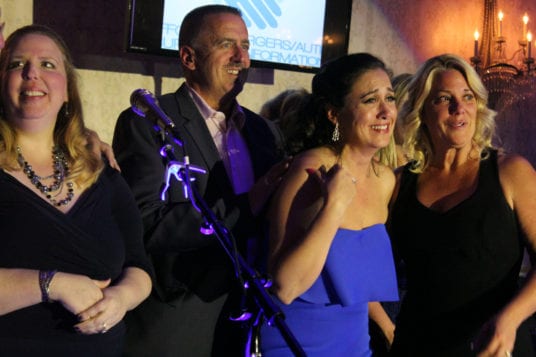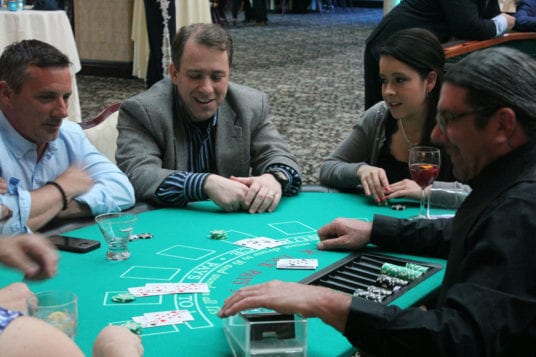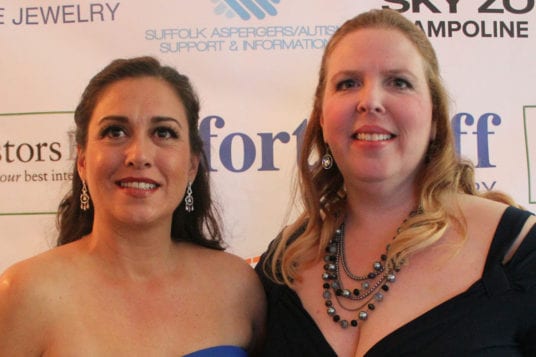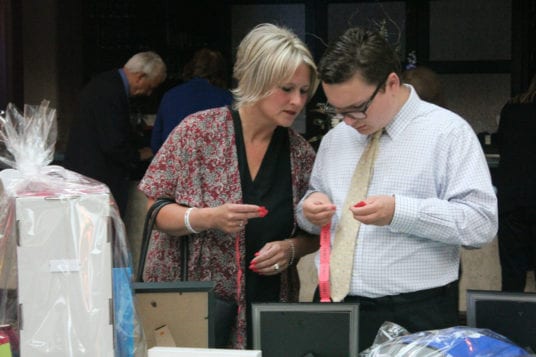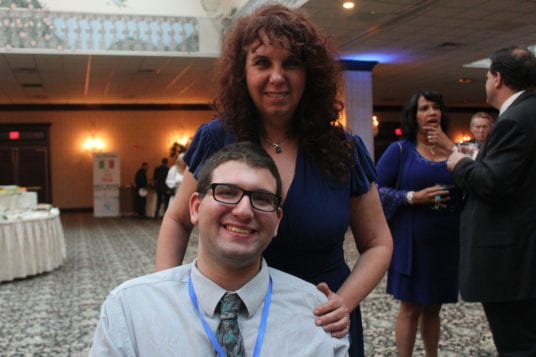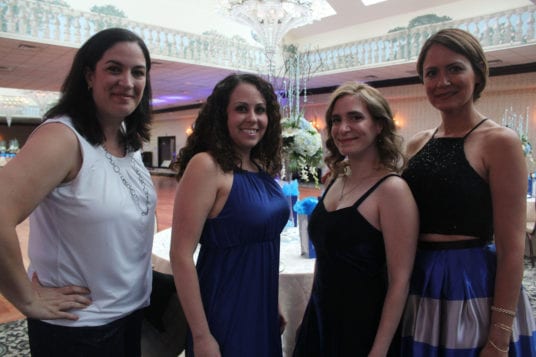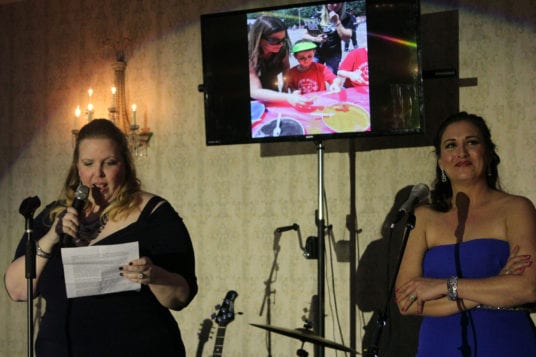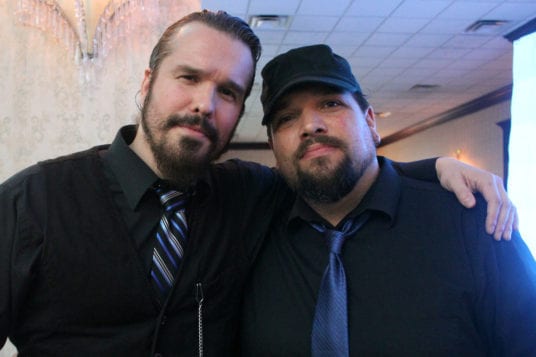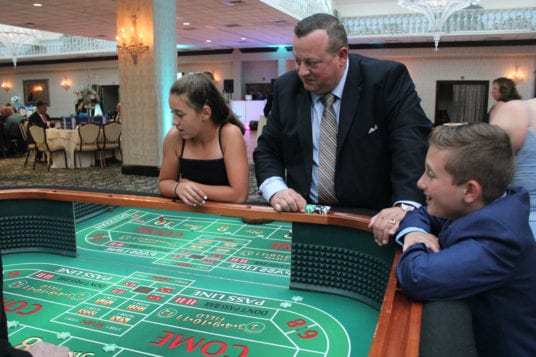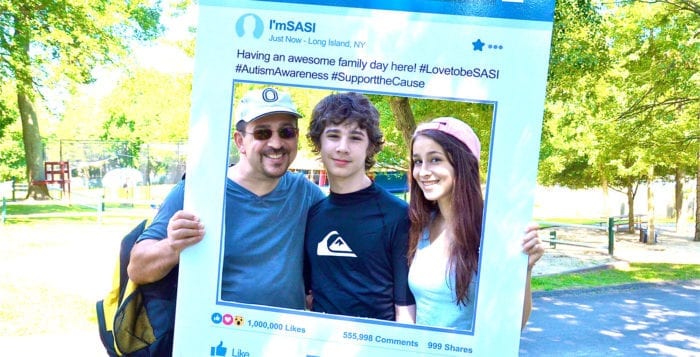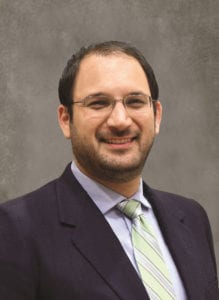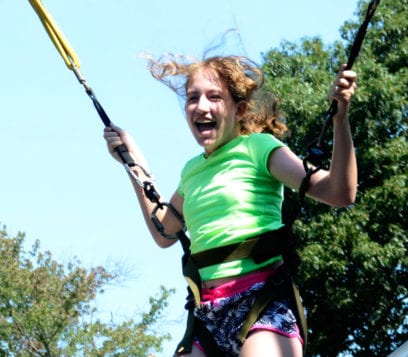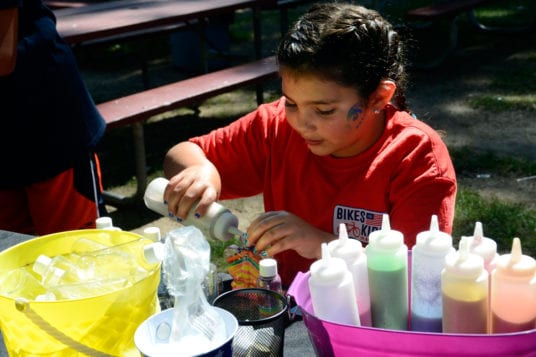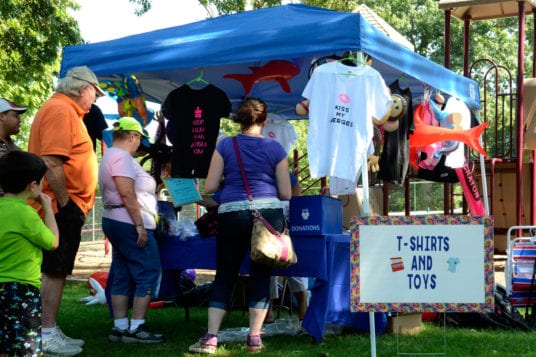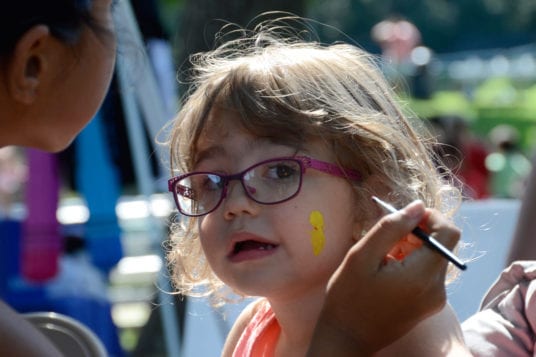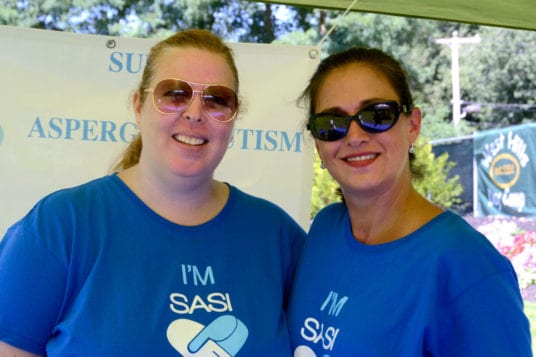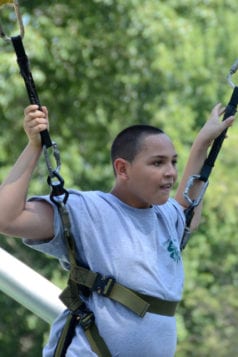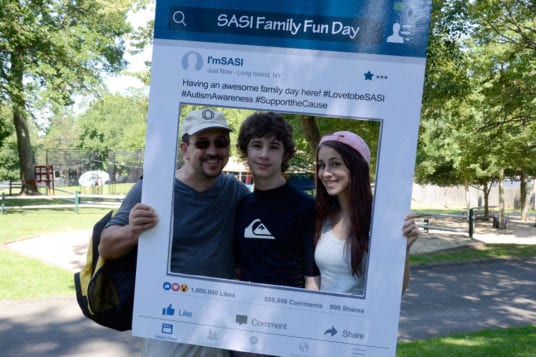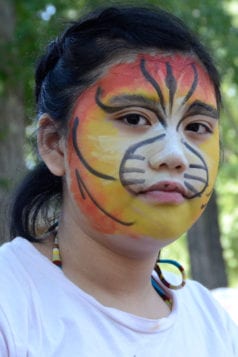When two Mount Sinai moms whose sons fall on the autism spectrum noticed a lack of support and resources in Suffolk County to help families affected by the disorder, they took to Facebook to form “a little support group” — made up of 12 moms in a living room.
A year and a half and 1,500 members later, the nonprofit Suffolk Aspergers/Autism Support and Information has blossomed into a haven for those dealing with disabilities, enriching the lives of special needs families through essential services and programs, as well as emotional and financial support.
“We’ve literally become an autism family,” said SASI co-founder Priscilla Arena, whose 10-year-old son was diagnosed at a younger age. “We feel a great sense of responsibility to every single parent and child and doing the right thing by all of them. I’m doing this not just for my son, but for everyone’s children because we need to do this.”
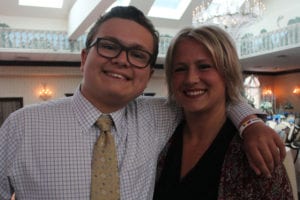
While the group grows at an exponential rate, as does autism diagnoses throughout Long Island. Its founders, Arena and Stephanie Mendelson, took their outreach for autism to whole new heights June 8 with their first annual Blue Party fundraiser.
In a grandiose ballroom at The Inn at East Wind in Wading River, hundreds of local residents, business representatives, elected officials and celebrity guests dressed in blue, the official color of autism awareness, danced the night away to live music and took part in casino gaming, raffles and auctions all in the name of SASI and autism.
Sponsors of the gala included Sky Zone Trampoline Park in Mount Sinai, Powerhouse Gym in Miller Place and Investors Bank in East Northport. An international theme was represented by cuisines from different cultures because, as Arena said, “Autism doesn’t discriminate based on race or socioeconomics.”
All funds raised went toward a physical office for the nonprofit, as its members currently meet once a month at Mather Hospital, and the expansion of the nonprofit’s numerous programs for families, including their Life Skills program, a 12-week program that teaches teenagers and young adults how to be independent — everything from tying their shoes to reading off a menu and paying bills.
Mendelson, whose eight-year-old son Jacob struggles with motor skills, speech delay and overwhelming anxiety as a result of his autism, said she realized early on that he wasn’t meeting the milestones his twin sister was. When she and her husband got the diagnosis, she said she felt a mixture of relief and profound sadness.
“We felt alone with everything that was occurring with our son, and heard about the group … he now has friends he can relate to. We’ve learned a lot … it’s incredible and I don’t feel like I’m alone.”
— Lisa Gerstein
“My instinct was to wrap him in a cocoon and protect him,” Mendelson told the room. “I realized at that moment that it was my job to be his advocate, his coach, his teacher, his biggest fan. I felt overwhelmed and scared at the idea of his outcome and future resting on my shoulders … nevertheless, we began our journey and immersed ourselves in the world of autism.”
After she met Arena at a business meeting in late 2015, the two shared a desire to provide families a place to go where they didn’t have to feel as lonely and isolated as they did.
Part of the $7,000 donated to the advocacy program will help parents struggling to get proper services within school districts and raise awareness and acceptance among regular kids. The group does not yet know the grand total raised during the event, but the goal was $50,000.
“We want to be the autism resource center in Suffolk County, a central resource for parents no matter what their issue is,” Mendelson said. “And if we don’t know, we can find somebody who does.”
Monica Nichols, who serves as parent liaison at New York Therapy Sensory Gym & Speech and Language Center in Port Jefferson Station, which provides programs and social skills groups for those with autism, said connecting with other parents helped her most when her own child was diagnosed.
“By far, for me, the most valuable resources have been other parents, because it’s really from other parents where you learn what’s out there in a more meaningful way than what a doctor can tell you — it’s what makes it special,” Nichols said. “[SASI] has been a big shift, they’ve really done a great job at outreach and membership and making each individual family feel part of a bigger family.”
When Lisa Gerstein, of Centereach, first joined the group in its beginning stages, things got better quickly.
“We felt alone with everything that was occurring with our son, and heard about the group … he now has friends he can relate to,” Gerstein said. “We’ve learned a lot in terms of what to do with dealing with the school district and what to ask for … it’s incredible and I don’t feel like I’m alone.”
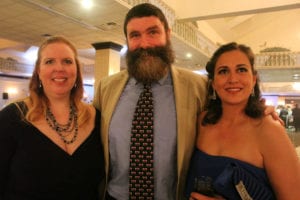
Daniel Korcz, a 22-year-old college student with autism, who hopes to mentor young people on the spectrum, said the nonprofit has brought him a lot of happiness. “It’s pretty amazing that there’s an organization to help people like me, who are smart kids that are on the spectrum,” the Islandia resident said. “It provides them support and assistance that they might need.”
Among some of the entertainment of the evening were TKA, a Latin freestyle trio prominent in the 1980s and early 1990s, and former Anthrax singer Dan Nelson, who performed Beatles and Elvis songs with his band “Dan Nelson and The Downfall.”
World Wrestling Entertainment Inc. Hall of Famer Mick Foley, of Smithtown, showed up to the fundraiser willing to help in any way, as the cause hits him close to home. His 16-year-old son Mickey is on the spectrum.
“This is an issue that kind of chose me, so I readily agreed to be part of this,” Foley said, adding he hopes this is a big success for the group.
Discussing his experience as a parent of an autistic child, he said he wished he’d been more aware.
“I look back at the videos when he was much younger and realize I should’ve known a long time ago,” he said. “I think it’s important that people become aware and acceptance is incredibly important. Learn as much as you can, find a great support group and don’t feel like it’s the end of the world because it’s not. Being the parent of a child with autism is definitely a struggle, but it’s also a great adventure.”

